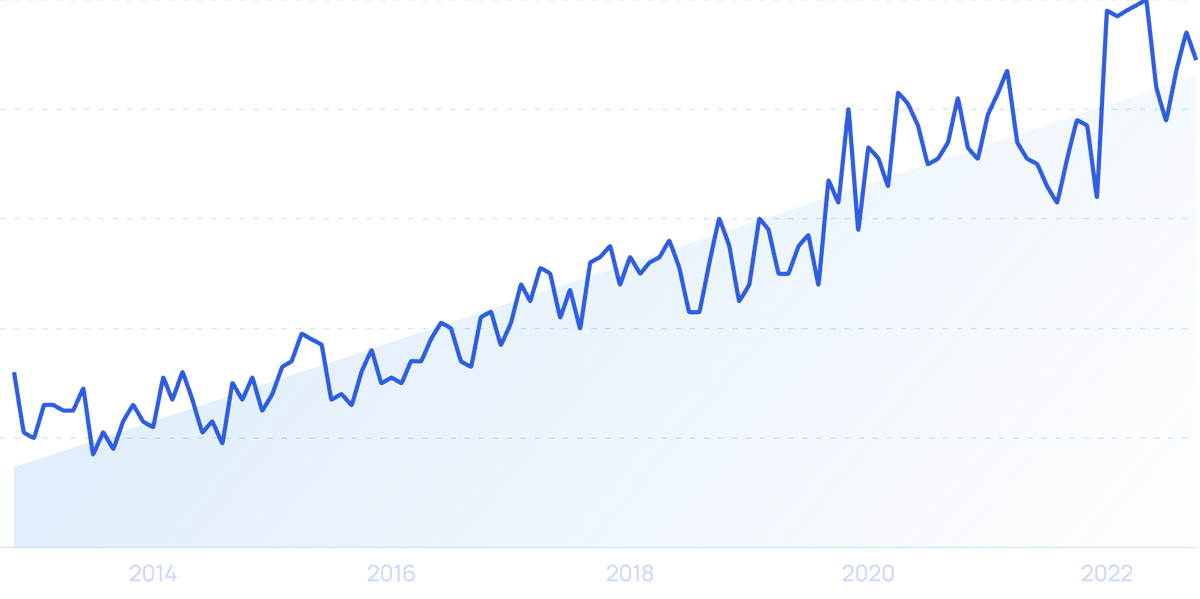Building a startup is a thrilling yet challenging endeavor that requires entrepreneurs to navigate through uncertainty, risk, and opportunity. The journey of entrepreneurship is not about avoiding failure but rather about learning from it, adapting, and taking intentional risks. Opinions expressed by Entrepreneur contributors emphasize the importance of embracing the unknown and thriving in the face of fragility, momentum, and reinvestment.
The fragility paradox is a fundamental aspect of startups. Startups are inherently fragile, with every move feeling like stacking bricks on an unsteady foundation. Even when things seem stable, fragility is always lurking beneath the surface. For instance, in the case of a services business that quickly grew to over $1 million in revenue, the fragility became apparent when a major client left, causing a financial crisis. This experience taught the founders the importance of vigilance and the need to focus, prioritize, and act decisively in the face of uncertainty.
Momentum can feel like the antidote to fragility, as it creates a sense of progress and success. However, unchecked momentum can lead to blind spots and costly mistakes. For example, at Density, a hardware product launch gained traction, but accuracy issues in real-world conditions forced the company into a costly reset. This experience highlighted the importance of pairing momentum with reflection to ensure sustainable growth.
Reinvestment is the leap of faith that drives discovery in startups. Every dollar earned in a business should be reinvested back into the company to fund experiments and innovation. While most experiments may fail, one successful idea can make all the difference. For instance, shutting down a profitable services business to focus entirely on a promising product like Density required a leap of faith and a willingness to reinvest profits into new ventures.
Bringing it all together, the lessons learned from experiences like Density shape how entrepreneurs approach building resilient businesses. Fragility, momentum, and reinvestment are not challenges to be eliminated but dynamics to be navigated. Fragility forces founders to confront hard truths and focus on what matters most, while momentum provides energy that must be managed with reflection. Reinvestment, though risky, creates the conditions for transformation and growth.
In conclusion, the journey of entrepreneurship is about embracing fragility, momentum, and reinvestment as constants in the startup ecosystem. When these forces are embraced and navigated successfully, they become the foundation of what makes startups thrive. By learning from failures, adapting to challenges, and taking intentional risks, entrepreneurs can build resilient businesses that can withstand the uncertainties of the entrepreneurial journey.




:max_bytes(150000):strip_icc()/UpgradeGettyImages-1363840931-756153ea8c8441af8da8511eb759acc5.jpg?ssl=1)












